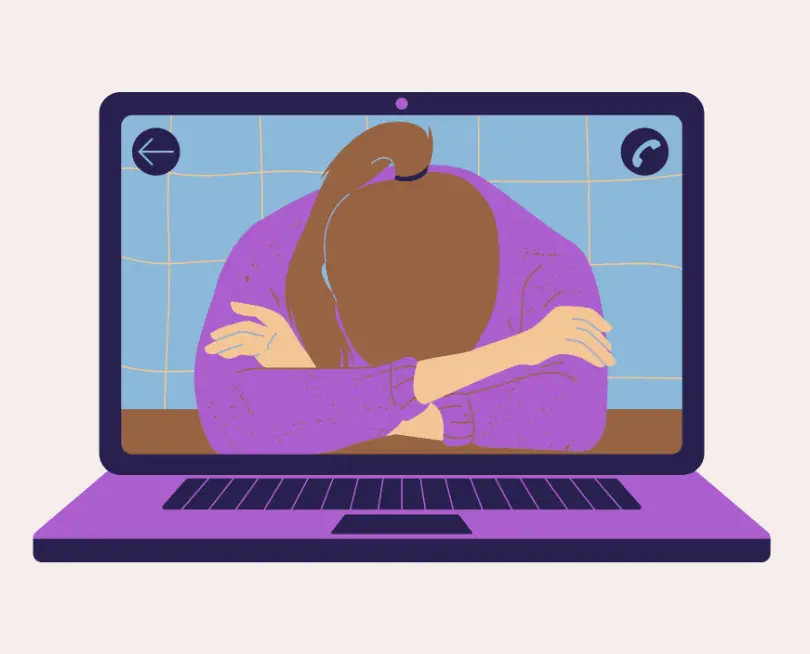
Life with an Invisible Illness: Why do I feel so guilty about taking time for myself?
Table of Contents
An invisible illness is a condition that isn’t physically visible to others, thus only being discoverable when the person decides to share about it. The common phrase that many people hear is, “But, you don’t look sick?” Some examples of invisible illnesses are lupus, fibromyalgia, Chron’s disease, and primary immunodeficiency.
Having an invisible illness has always been such a weird thing for me. Like many others in my position, I feel like I need to give proof that I am sick. I constantly tell myself that I am being overdramatic or that people don’t believe me. This is especially hard in settings like work or school because it is my responsibility to share as much as I can, and I often make myself feel bad for not explaining my disease in the “right” way.
Chronic illnesses have many layers, and many people experience certain diseases differently. Therefore, when I am trying to give an explanation for why I am really fatigued, or why I can’t attend something, I tend to trip over my words and it doesn’t always come out as coherently as I want.
After battling this disease for around 4 years, I have learned that these pressures and negative feelings tend to come from within. My mind is telling me all sorts of stories and making me believe lies. I tell myself that I am fabricating my symptoms and that it’s really not that bad.
If this horrible head space continues, I know that I won’t live a joyful life and that I won’t be able to move forward freely.
I’m still learning, but I want to share my thoughts on how to escape feelings of guilt and shame in regard to caring for yourself with an invisible chronic illness.
How do I break this negative cycle?
When my mind starts going down a dark path, I stop taking care of myself – both physically and mentally. Even though I feel like resting, I force myself to keep going. When I feel sad about my disease, I tell myself that it could be worse and that I’m ungrateful.
I’ve gone back and forth about how to deal with this negative mindset. I’ve read experiences from others about living with an invisible illness, and I know that I am not alone in this.
The key to getting better is taking time for myself. I know that this is what I have to do, or else I will fall apart. I have to take a minute to stop and recognize what my body needs, whether it’s rest, nourishment, exercise, nature, or relaxation. When I am in tune with my mind and body, I can battle the guilt that comes with an invisible illness.

This doesn’t happen overnight. It takes time to get to know yourself, and you might have to search deeper to find the root of your mindset about your chronic illness. Different moments in our lives can shape how we see ourselves, and while some of those moments can be painful, it’s important to think about how they’ve impacted your self-love and self-worth. Then, you will know how to build yourself up.
Changing the way you speak to yourself
Unfortunately, I am my own worst enemy. As someone with pretty bad anxiety, my mind is constantly racing. I always question myself and tell myself that I’m not good enough. When I think about my disease, I feel like I can be a burden to others and I don’t like to make people work around me or take care of me. When I feel tired or sick, I tell myself it’s not real and I feel guilty for resting.
To put it simply, these things are all not good. This is no way to live. No one should feel guilty for taking care of themselves.
So, how do I change the way I speak to myself? How do I stop myself from ruining my own life?
I have practiced starting with one question: “What is true?“
- It’s true that I have been diagnosed with a serious medical condition.
- It’s true that I have a busy schedule and I work hard.
- It’s true that my body needs rest and nourishment.
- It’s true that my chronic illness causes me to need extra time to rest and get better.
Looking at this list of things, I automatically feel less anxious. I can feel the clouds lift out of my mind. I validate myself, and I know that there is absolutely no reason for me to feel bad about having a disease that is out of my control.
After telling myself what is true, I ask myself what my body needs. If it needs rest, I am going to lie down and watch some TV. If it needs nature, I’ll go for a walk outside. And I am not going to question myself about it.
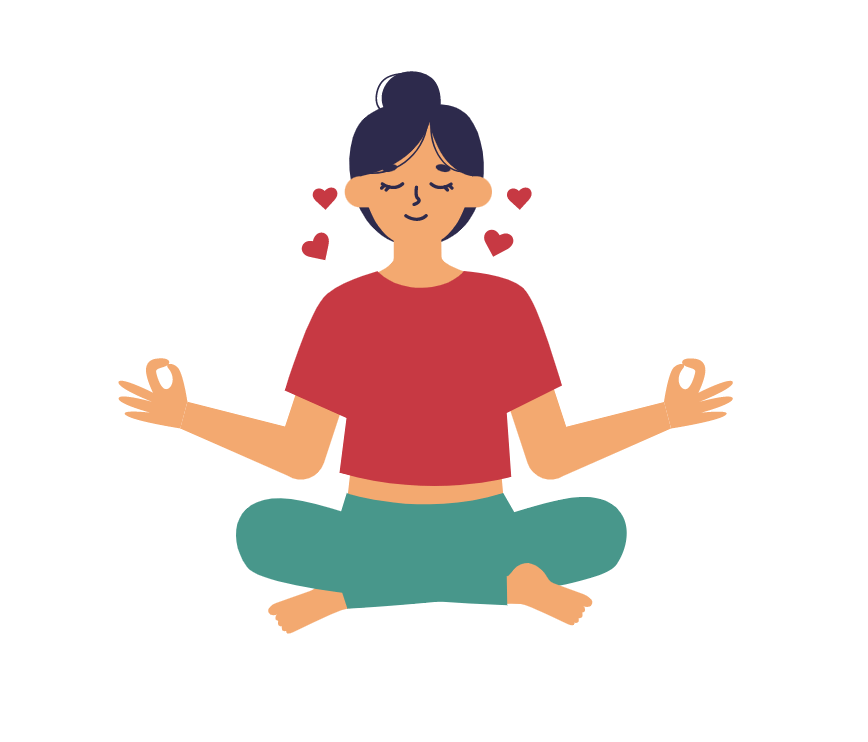
Self-love is a journey
Learning to love myself has been a long journey with many ups and downs. It doesn’t just happen overnight. My invisible illness is not going away anytime soon, so I have to continue to build confidence and strength in my ability to communicate effectively about my disease and advocate for myself.
If you are dealing with an invisible illness, you are not alone. You are worthy, loved, and capable of living an amazing life! Please, take care of yourself and do not feel guilty about it!

Other Articles


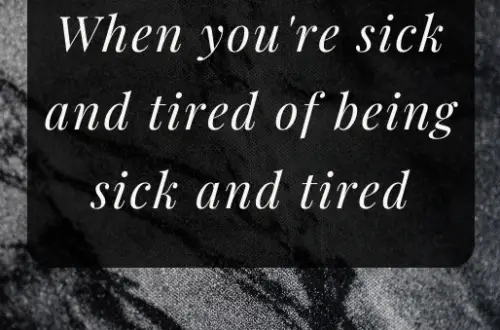
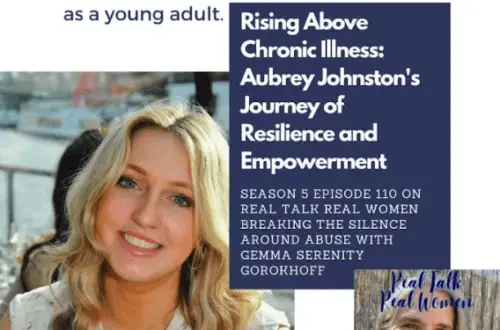
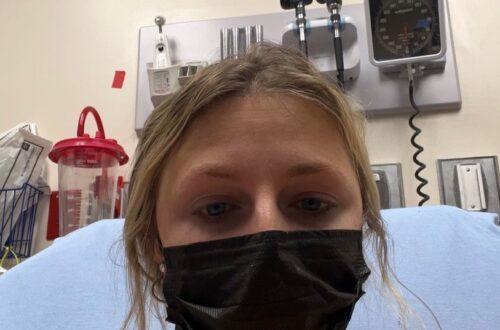

8 Comments
Monika
Thank you for sharing! Self-love journey is a hard one but as long as we try, we will get there! ❤️ Great post!
Aubrey
Thank you so much ❤️
bunfuns
Thanks for this info, it’s very helpful!
Aubrey
Thank you!!
Maxx Mares
Nobody can know you better then yourself! And listening to that little voice is critical – selfishness when it comes to your own needs is OKAY. I love you!❤️
Aubrey
Well said! Thank you Maxx!
Amanda
I have MS and can identify with a lot of this! It’s tough managing a chronic illness and even tougher when we are trying to deal with the world around us. Thanks for sharing!
https://www.israelxclub.co.il/
Good post. I learn something totally new and challenging on blogs I stumbleupon on a daily basis. Its always useful to read content from other authors and practice something from their websites.